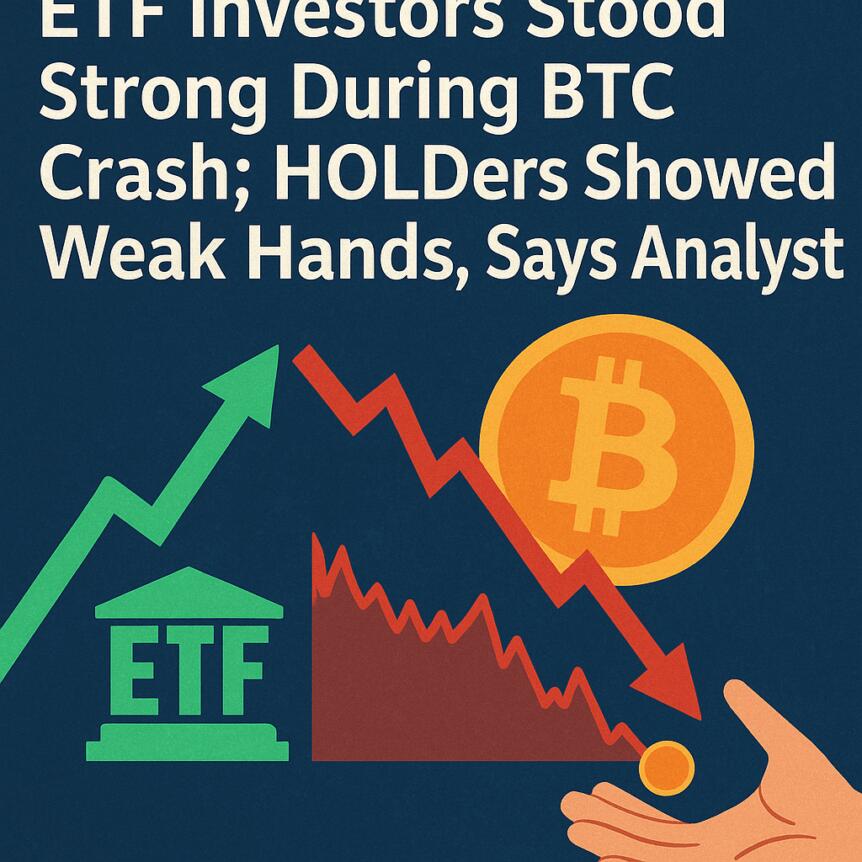What Determines How Much Funding African Startups Raise?
Table Of Links
ABSTRACT
INTRODUCTION
LITERATURE REVIEW
DATA AND METHODS
RESULTS
DISCUSSION
CONCLUSION AND REFERENCES
CONCLUSION AND REFERENCES
In conclusion, this study has provided valuable insights into the key factors influencing the amount of funding raised in startup deals across Africa. Our findings highlight the significance of various factors on deal amounts in African startup investments, including gender diversity, founder's academic background, the role of incubators, exit strategies, entrepreneurial experience, and sector preferences.
\ These factors have crucial implications for the African startup ecosystem and can inform policy recommendations to optimize investment opportunities for African startups. The study contributes to the ongoing discourse on fostering a supportive ecosystem for African startups and promoting sustainable economic development across the continent.
\ To harness the potential of African startups in addressing pressing challenges such as poverty, unemployment, and access to essential services, targeted interventions and an enabling environment for entrepreneurship and innovation must be created. Policymakers, development agencies, and private investors should leverage the findings of this study to devise strategies that address the identified challenges and capitalize on the opportunities presented by the African startup landscape.
\ Moreover, the research underlines the need for further investigation into the underlying factors behind the observed correlations and the drivers of success in countries with higher average or maximum deal amounts. Future research should also explore the role of incubators and accelerators, the need for standardization of investment stages, and potential avenues for cross-border collaboration and access to international markets.
\ By promoting a more consistent and transparent approach to investment categorization, fostering investor confidence, and supporting the development of a more robust and sustainable startup landscape in Africa, stakeholders can contribute to the long-term growth and prosperity of the continent.
\
REFERENCES
[1] The Mobile Economy Sub-Saharan Africa 2020, 2020. https://www.gsma.com/mobileeconomy/wp-content/upl oads/2020/09/GSMAMobileEconomy2020SSA_Eng .pdf
[2] “Africa Investment Report 2022 — briter,” Briter. https://briterbridges.com/africa-investment-report-2022 -by-briter-bridges.
[3] T. Tafese, “Digital Africa: How Big Tech and African Startups Are Reshaping the Continent,” Jan. 01, 2022. https://www.ssoar.info/ssoar/handle/document/81664
[4] Hellmann, T. F., & Puri, M. (n.d.). The interaction between product market and financing strategy: The role of venture capital. https://papers.ssrn.com/sol3/papers.cfm?abstract_id=17 3655
[5] F. Jaoui, O. Amoussou, and F. H. Kemeze, “‘Catch me if you can’ on drivers of venture capital investment in Africa,” African Development Review, vol. 34, no. S1, Jul. 2022, doi: 10.1111/1467-8268.12655.
[6] J. Munemo, “Entrepreneurial Success in Africa: How Relevant Are Foreign Direct Investment and Financial Development?,” African Development Review, vol. 30, no. 4, pp. 372–385, Dec. 2018, doi: 10.1111/1467-8268.12345.
[7] African Private Equity and Venture Capital Association Limited, 2022 African Private Capital Activity Report. 2023. [Online]. Available: https://www.avca.africa/media/4dpoq3hr/02177-avca-a pca-report-2023_public-version.pdf
[8] G. Mulligan and T. Jackson, "The African Tech Startups Funding Report”, Disrupt Africa, 2022.
[9] N. Ojong, A. Simba, and L. Dana, "Female entrepreneurship in Africa: A review, trends, and future research directions," in Journal of Business Research, vol. 132, pp. 233-248, 2021, doi: 10.1016/j.jbusres.2021.04.032.
[10] W. Fairlie and F. M. Fossen, "Opportunity versus Necessity Entrepreneurship: Two Components of Business Creation," IZA DP, no. 11258, Jan. 2018, Available: https://docs.iza.org/dp11258.pdf.
[11] M. Kato, H. Okamuro, and Y. Honjo, “Does Founders’ Human Capital Matter for Innovation? Evidence from Japanese Start‐ups,” Journal of Small Business Management, vol. 53, no. 1, pp. 114–128, 2014, doi: 10.1111/jsbm.12094.
:::info Author:
Khalil Liouane
:::
:::info This paper is available on arxiv under by-SA 4.0 Deed (Attribution-Sahrealike 4.0 International) license.
:::
\
You May Also Like

ETF Investors Stood Strong During BTC Crash; HOLDers Showed Weak Hands, Says Analyst

Hassett Criticizes Fed’s Rate Cuts as Possible Political Tool
